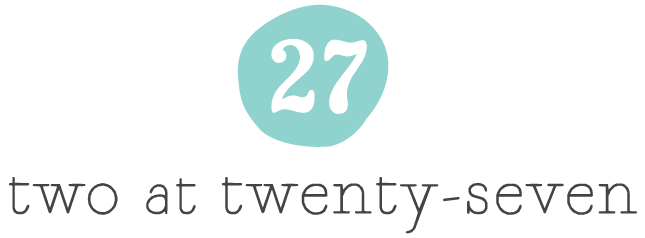Dictionary: The universe in alphabetical order. —Anatole France
By Noah Webster; engraved by H. B. Hall and Sons, 62 Fulton Street, New York, New York - Yale University Manuscripts & Archives Digital Images Database
Our new intern informed us that on this day in 1848, Noah Webster published his first dictionary. Such a good intern—he's worth way more than we're paying him...which is nothing...unless you count keeping him in Dr. J's salsa and promises of burgers and Coke Zero. Without him, this day would have slipped right past without us giving Noah his due.
Like most successful men, the Webster owes it all to his mom. Well maybe not all, but she did spend long hours educating him, making up for what he called "the dregs of society," or in other words, his teachers in the one-room primary school he attended. Throw in the church pastor who tutored him in Latin and Greek and his dad who mortgaged the farm to pay for college, and we begin to see how a small farm boy like Webster ended up at Yale. He graduated with a degree in liberal arts—later writing that such a degree "disqualifies a man for business." (Hmm...that may explain my inability to balance a checkbook, let alone run a business...)
It took Webster twenty-six years to complete his first comprehensive dictionary—he was 70 years-old on publication day. His book contained seventy thousand words, twelve thousand of them having never appeared in a dictionary before. His hope: to standardize the American language and set us apart from the Brits. (He complained that the British Aristocracy was ruining the English language by setting its own standard for spelling and punctuation.) His first book only sold 2,500 copies, forcing him to mortgage his home in order to produce a second edition. He never recovered financially and died just three days after finishing an appendix to his second edition, not knowing the tremendous influence his book would eventually come to have on the English language. Being the wordsmith he was, I think he was okay with that.

